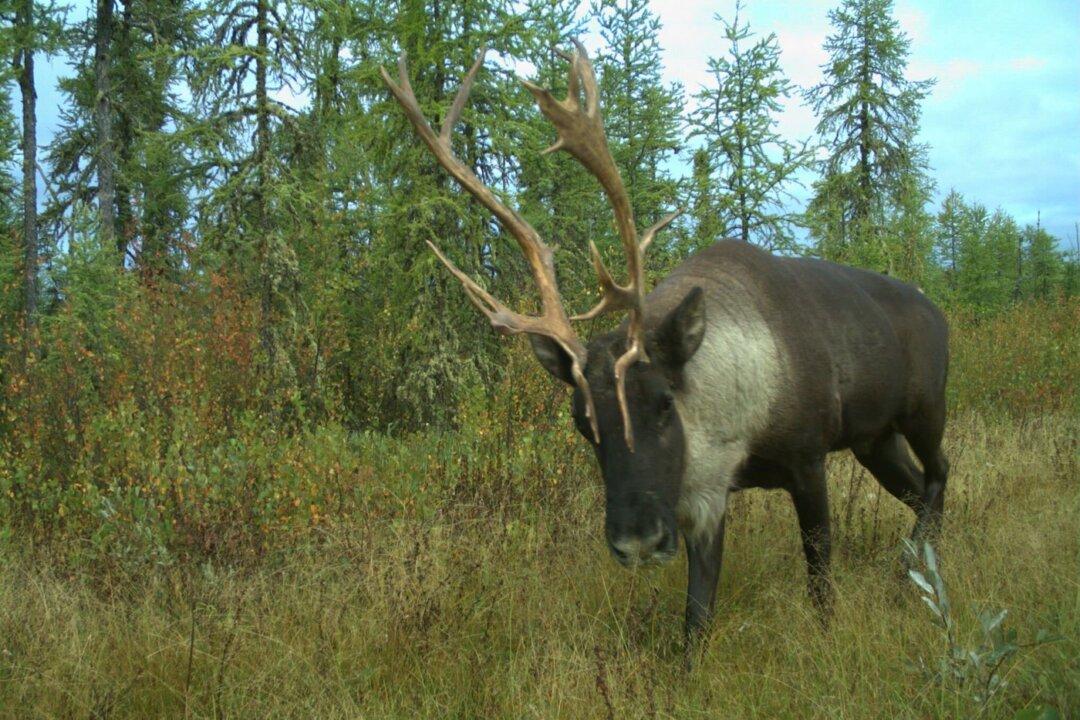Ottawa is threatening to act unilaterally to protect caribou in Quebec, a move that Premier François Legault said Tuesday would be interference in an area of provincial jurisdiction.
In an April 8 letter, federal Environment Minister Steven Guilbeault gave the Quebec government until April 20 to provide him with information about its plan to protect the at-risk woodland caribou and the animals’ habitat.





